The Current Situation Of White Pollution Of Waste Plastics In The World And The Solution
2022-08-30

With the rapid development of the plastics industry, it has brought a series of social problems caused by waste plastics that people do not want to see. At the same time, "white pollution" has been placed in the world where people live and survive. As waste plastics are difficult to degrade naturally, if they are not used properly, they will cause irreversible disasters to the environment that human beings depend on for survival.
Article Contents
Ⅰ.The status of white pollution of waste plastics
Ⅱ.How to deal with plastic waste
Ⅰ.The status of white pollution of waste plastics
Plastic as a synthetic polymer materials, because it has good molding, film, insulation, acid and alkali corrosion resistance, low permeability, water permeability and easy to color, bright appearance and other characteristics, from the 50s, with the development of petrochemical and rapid development, become a class of irreplaceable and closely related to life materials, widely used in home appliances, automobiles, furniture, packaging supplies, agricultural film and many other aspects. So far, the annual output of plastics in the world has reached 120 million tons, and the annual output of China is more than 5 million tons.
1. The harm to human body
As early as the mid-1960s, it was discovered that the residual vinyl chloride monomer in polyvinyl chloride plastic could cause a strange disease called "limb osteolysis" that caused the dissolution of the front finger bone. Workers engaged in the manufacture of polyvinyl chloride resins also often suffered from numbness and tingling in the fingers, which is known as pallor (Raynaud's syndrome). When people are exposed to vinyl chloride monomer, swelling of the fingers, wrists and face, thickening of the skin, stiffening, loss of elasticity and inability to grip things with force, skin sclerosis, enlarged spleen, stomach and esophageal venous aneurysms, liver damage and portal vein hyperpressure, etc. occur.
2. Water pollution
The pollution of the ocean by waste plastics has become an international problem. Foam polystyrene accounts for 22% of marine floating materials and other plastics account for 23%. In 1995, Hong Kong spent 12 million Hong Kong dollars to salvage 4765.6 tons of marine garbage.
Because plastic products in the animal body can not be digested and decomposition, so that accidentally ingested that can cause stomach discomfort, abnormal action, fertility and reproductive decline, and even death. Such as some of our zoos have occurred in the animals accidentally eat plastic food bags discarded by visitors to the unfortunate event of death. Pacific waters of 543 large seabirds, such as white-fronted shearwaters, because they can not distinguish between plastic and seaweed, but in 458 of them found plastic items in the stomach, the stomach of sea turtles.
3. Land pollution
Waste agricultural film in farmland. Plastic bags and so on will also cause livestock accidentally eat due to anorexia and death. In addition, when they remain in the farmland for a long time, not only will affect the permeability of the soil, impede the flow of water and crop root development, but also winding farm machinery, affecting field operations, and in the long run can affect the deep soil, so that the soil environment deterioration, and then threaten the survival of mankind.
Ⅱ.How to deal with plastic waste
01. Landfill method
Landfill is a traditional method widely used to deal with waste plastic waste. This simple and direct physical treatment method has more hidden dangers and hazards, increasing the pressure of land resource use, difficult to degrade plastic seriously hinders groundwater infiltration, and the additives in plastic cause secondary pollution of land. Plastic waste - whether in rivers, oceans or on land - can persist in the environment for centuries. It is virtually impossible for plastics to break down completely in nature. Most plastic products never completely disappear, they just get smaller and smaller.
.jpg)
02. Incineration
Incineration is also a widely used method of plastic waste disposal. The "incineration school" says that plastics are produced from oil and natural gas, mainly hydrocarbons, and when burned, they produce a lot of heat, which is then used to generate electricity.
Incineration of plastic waste in this way is now in some places instead of burning coal or oil and other polluting fuels. However, burning plastic produces toxic and harmful gases, which can enter the environment if the incinerator is not efficient.
.jpg)
03. Recycling pelletizing
Recycling is a method of physically recycling plastic waste. Most recyclable plastics are mechanically processed for shredding, crushing, washing, granulation and other processes to produce pellets, which can be made into finished plastic products by extrusion equipment, such as
1. plastic recycled pellets can be used to make machine parts, components, etc.
2. Plastic recycled pellets are suitable for making garments, ties, buttons, zippers, etc.
3. plastic recycled pellets can be used to make various plastic bags, buckets, tubs, toys and other plastic products, household utensils.
4. Plastic recycled pellets can be used to make pipes, containers, pumps, valves, etc.
5. Plastic recycled pellets can be used for packing bags, cement bags, etc.
.jpg)
04 Pyrolysis method
Waste plastic pyrolysis method. This chemical decomposition method refers to the process of thermal decomposition of organic matter in solid waste by placing it in a pyrolysis reactor using its thermal instability. This technology can convert waste plastics into high value-added energy products such as fuel oil, natural gas, and solid fuel.
.jpg)
.jpg)



.jpg)
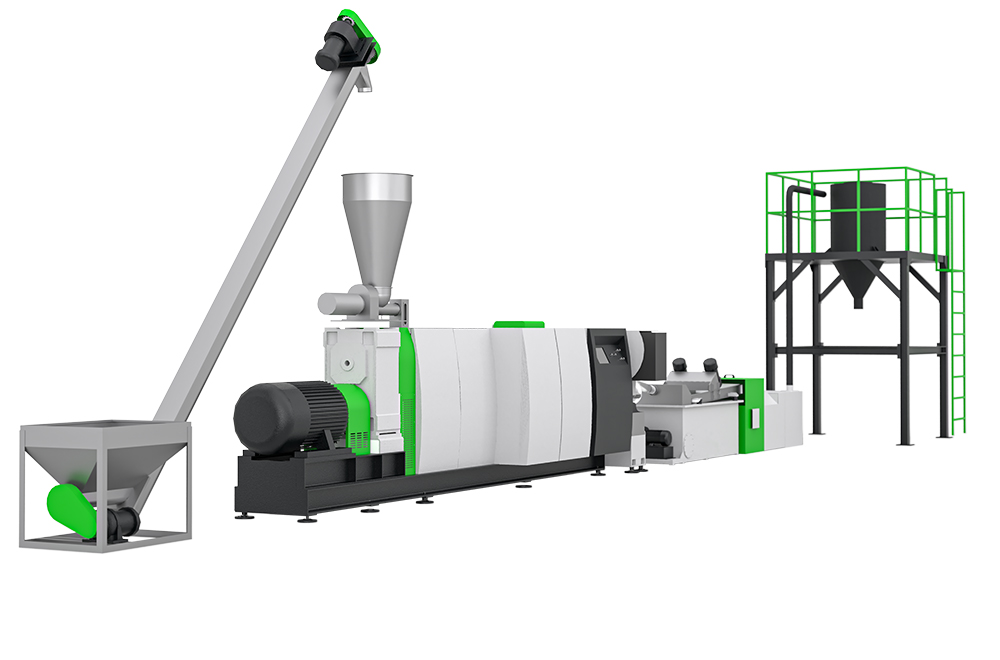
.jpg)
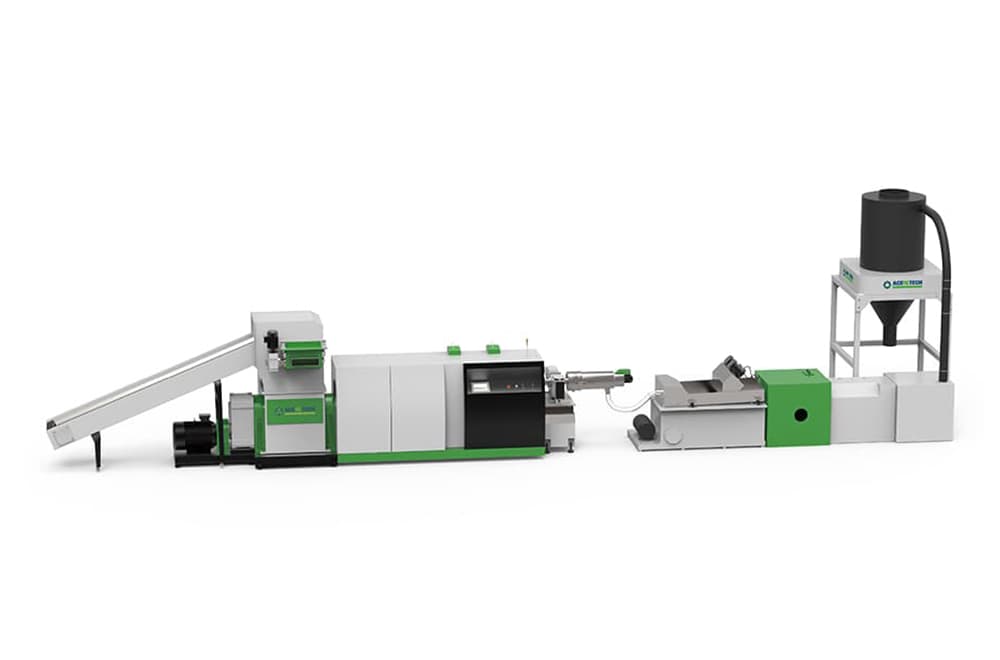
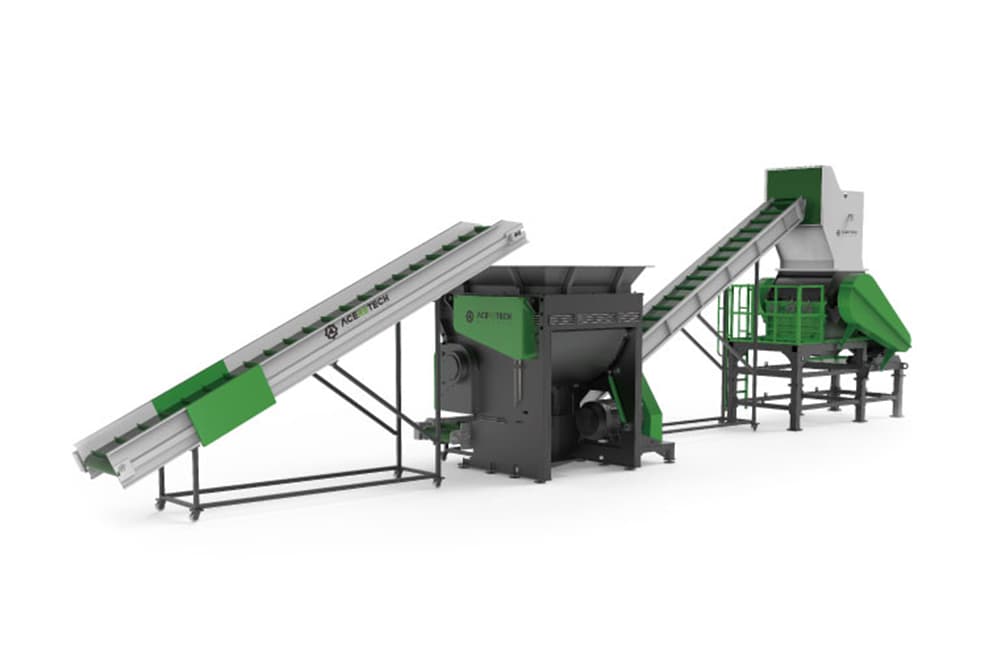
.jpg)
.jpg)
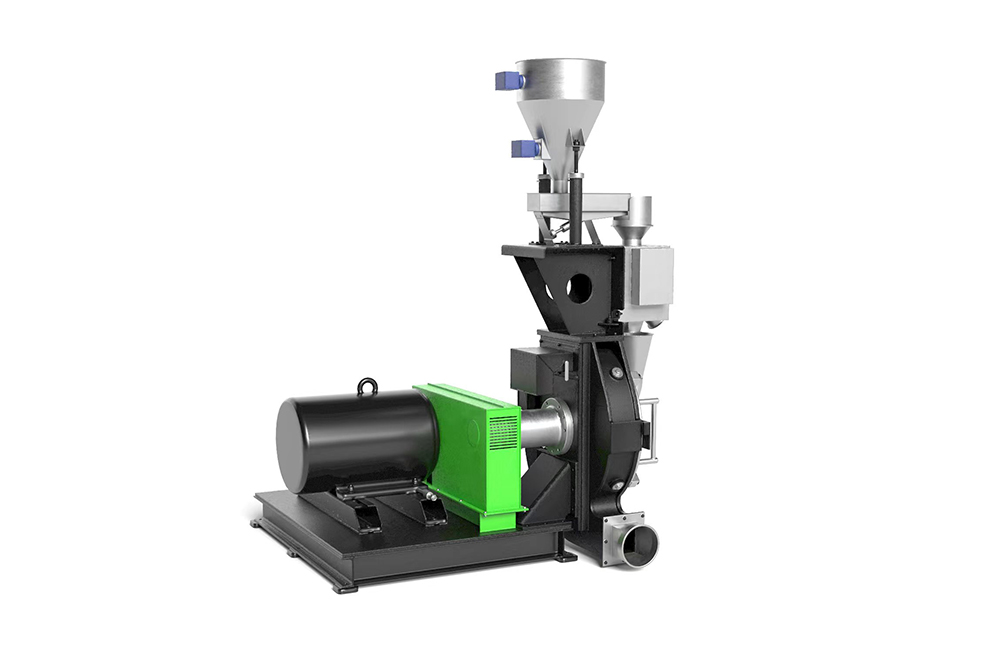
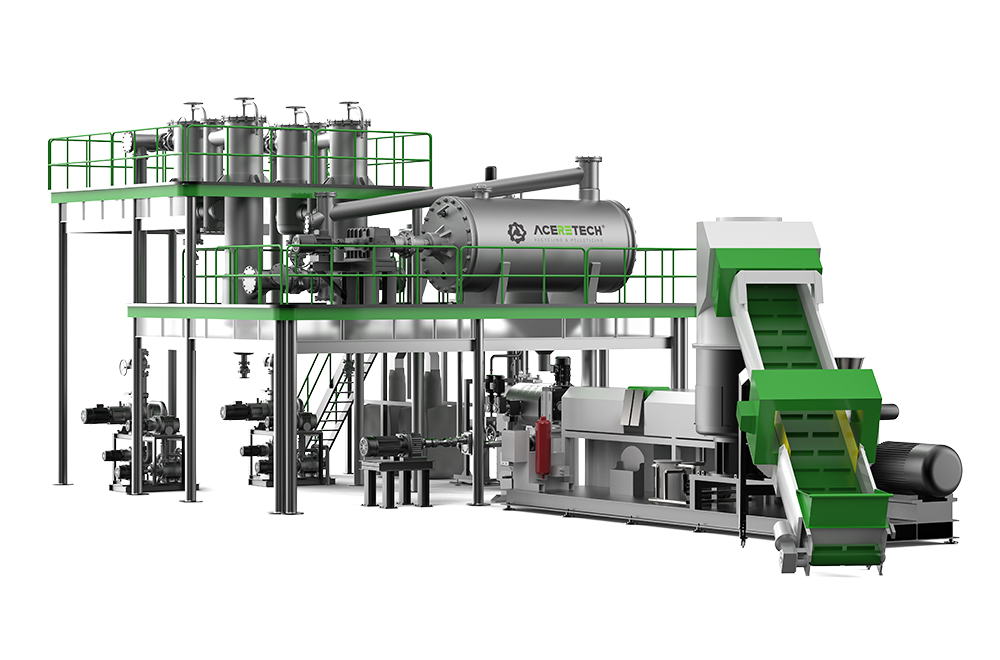

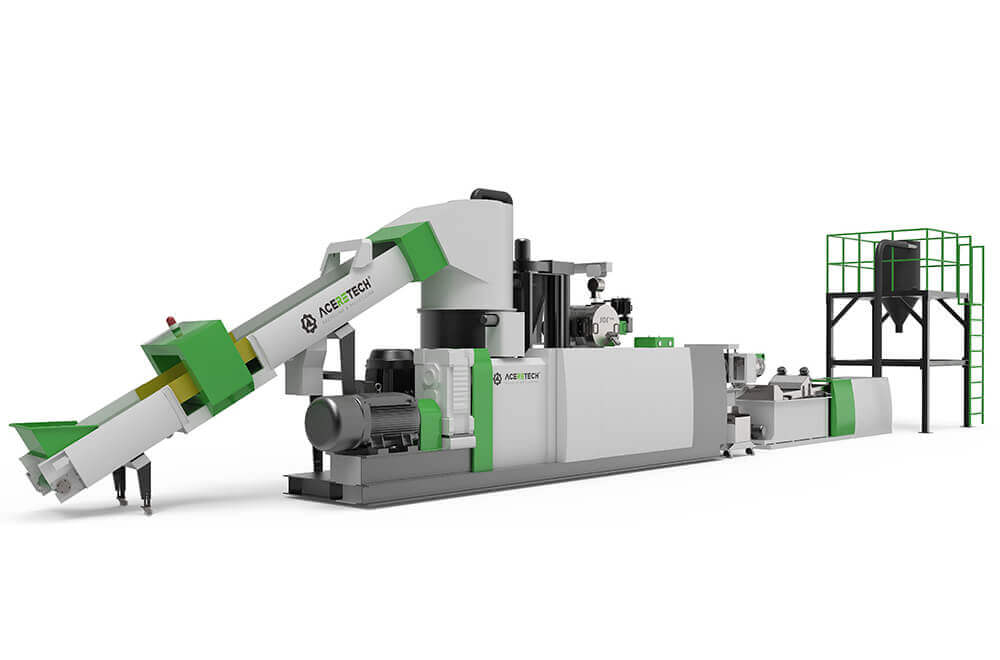
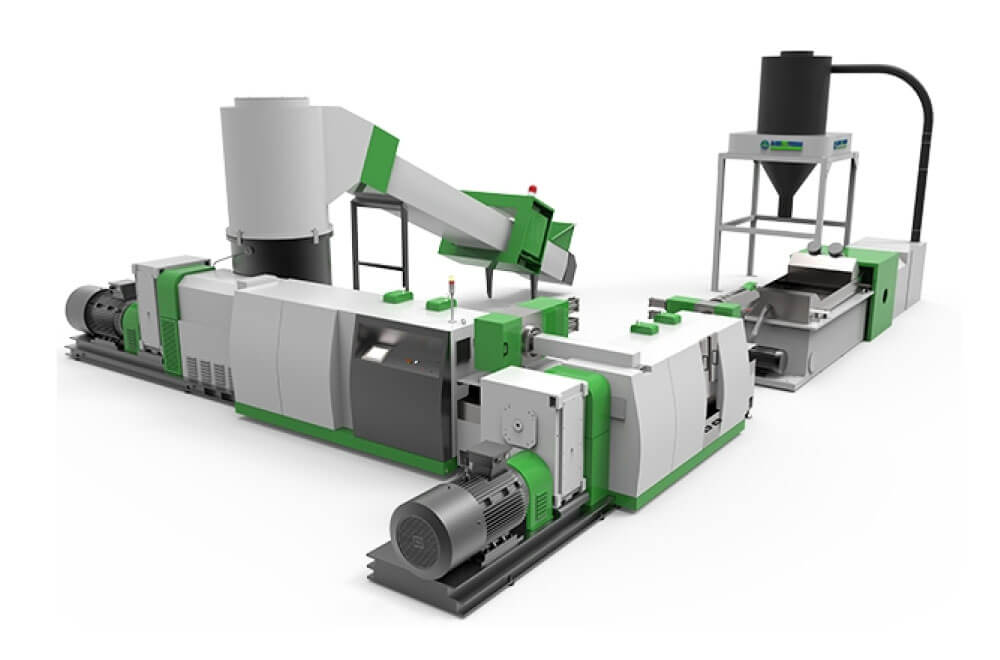
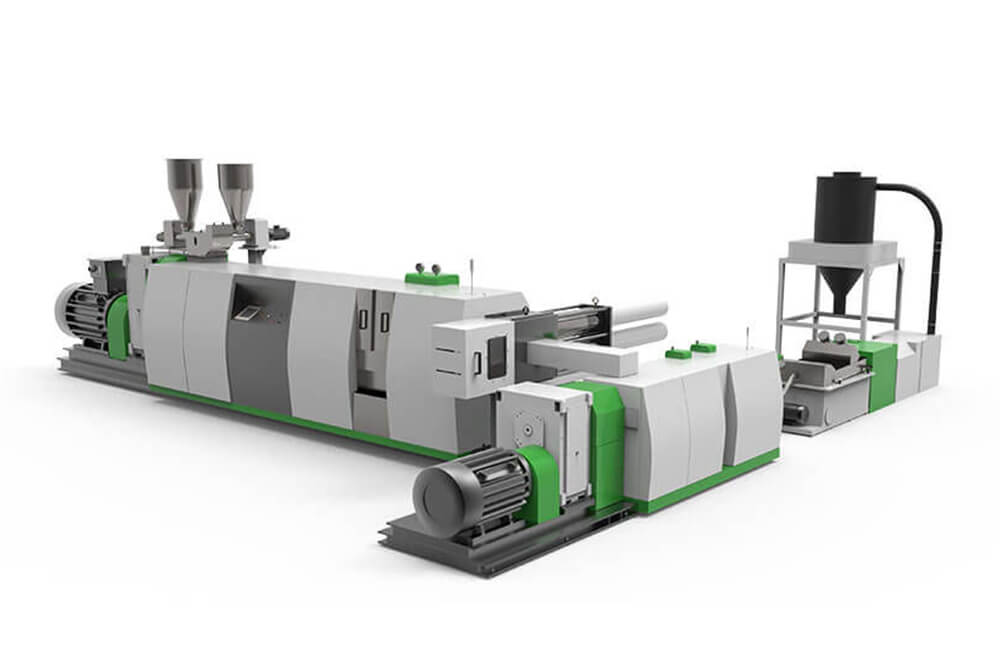
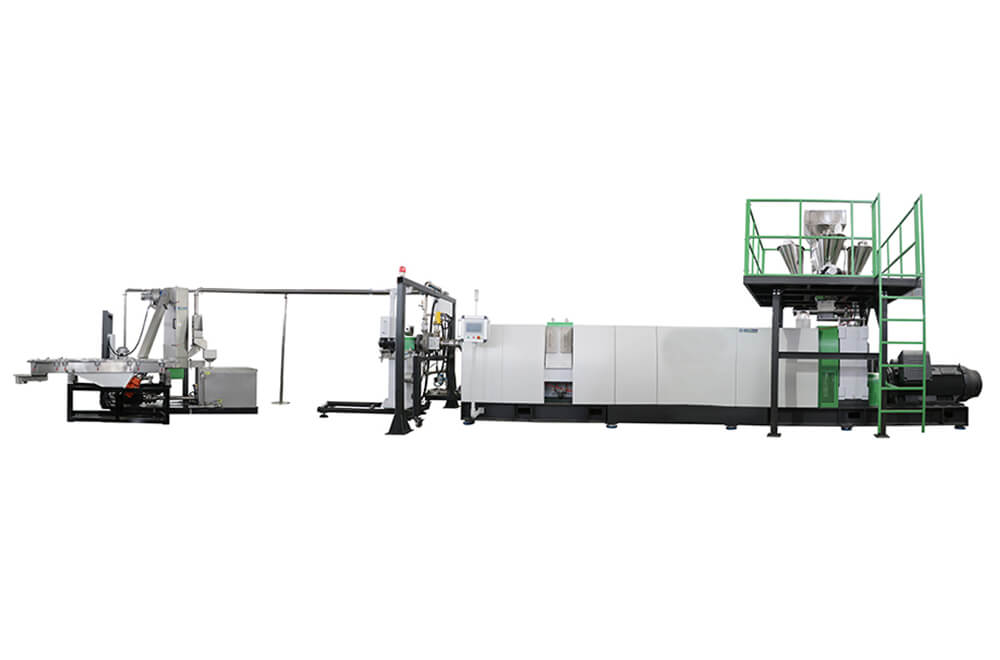
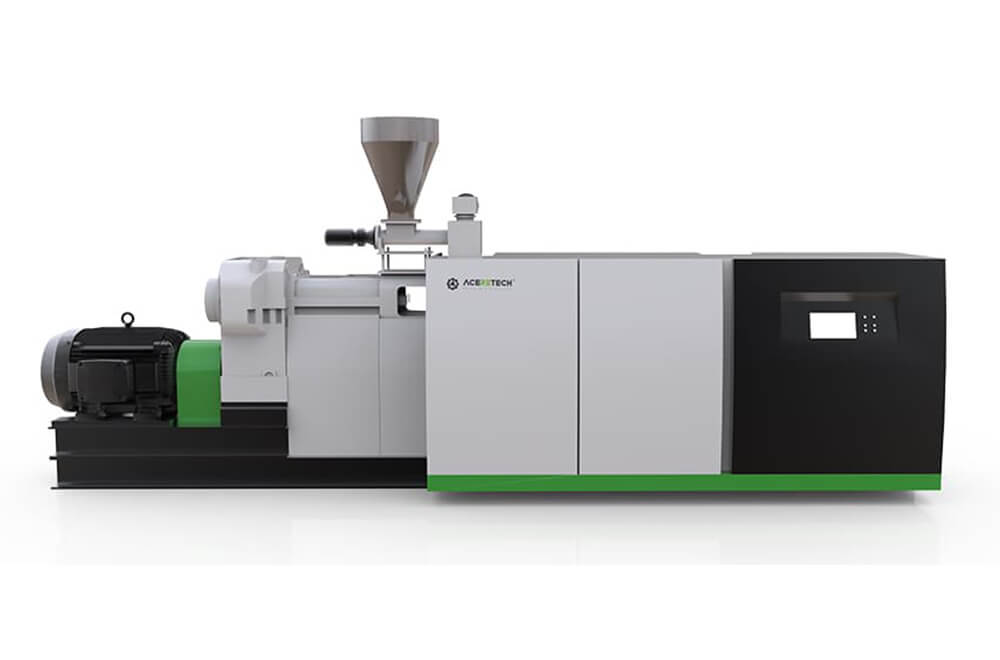
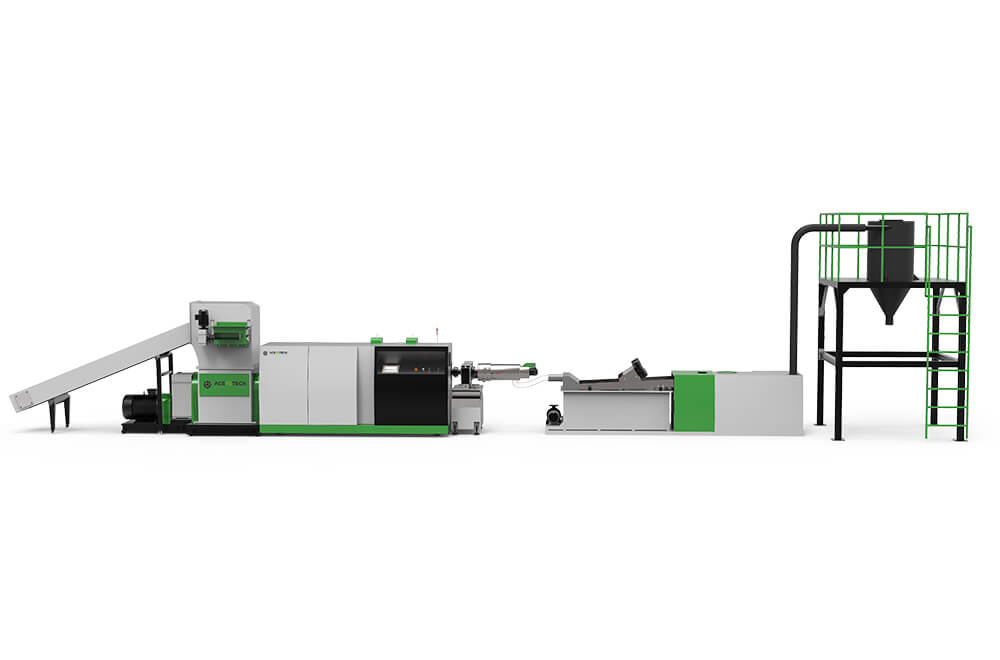
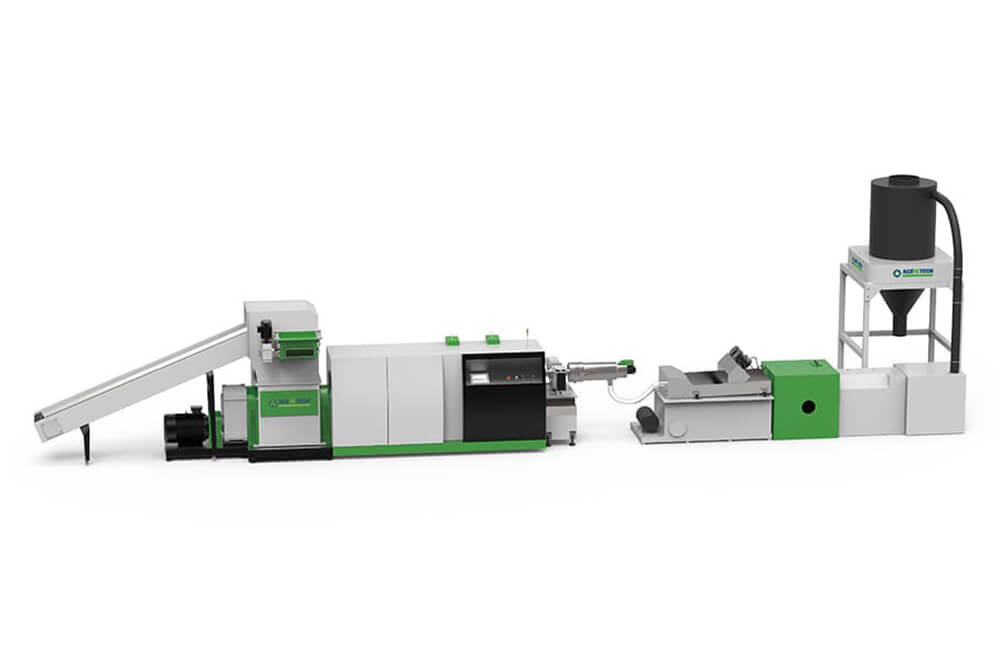

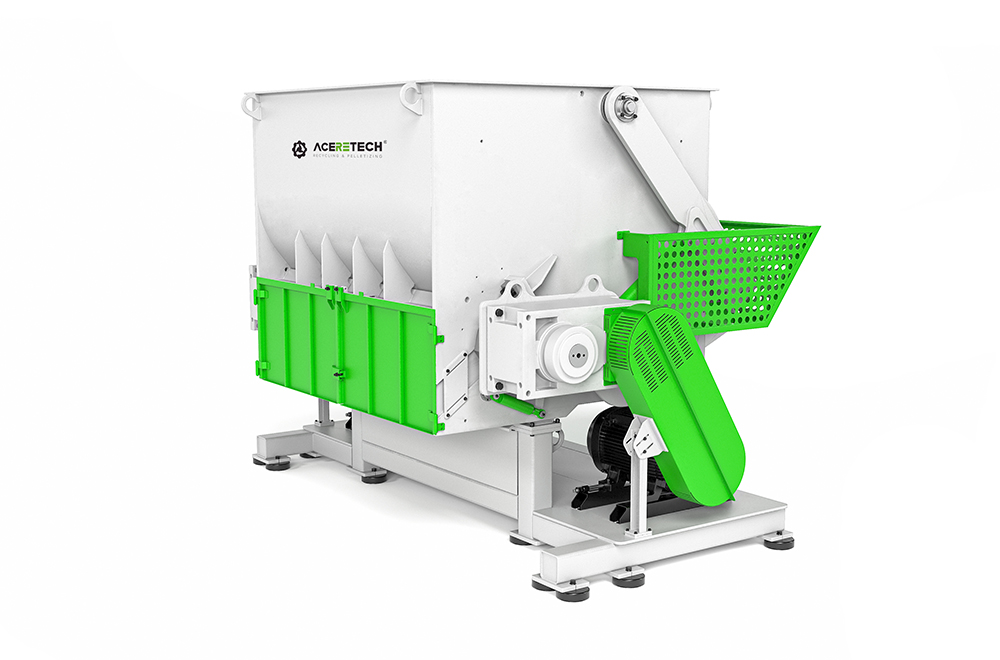
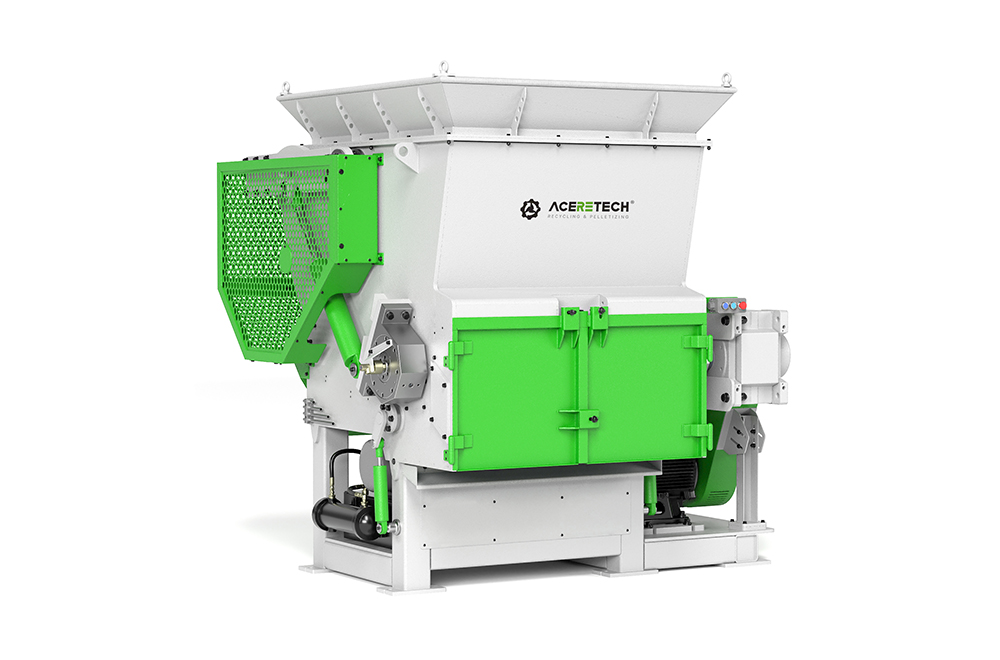
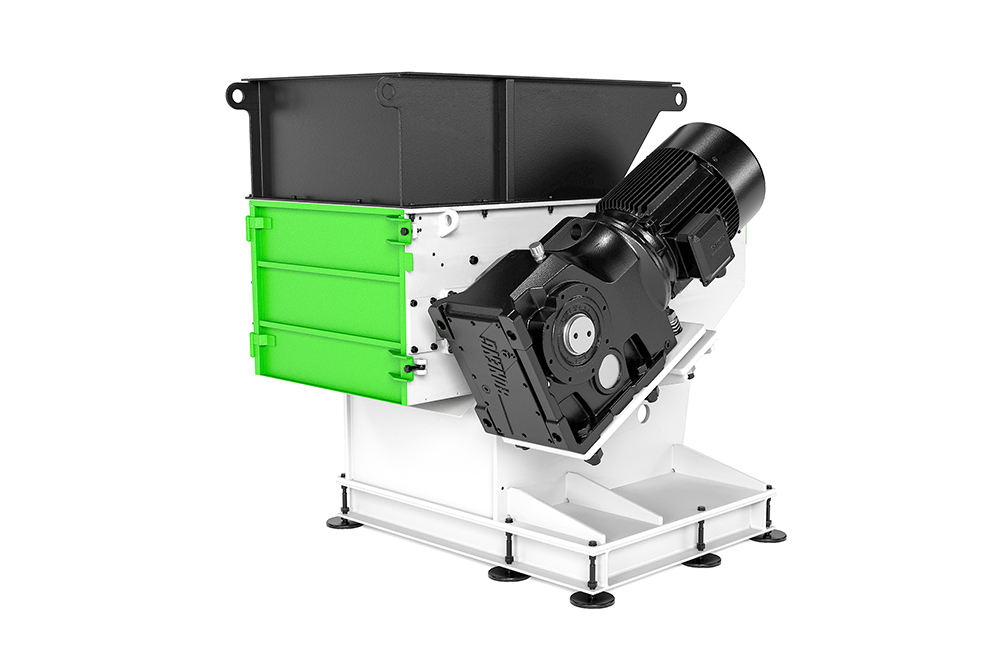
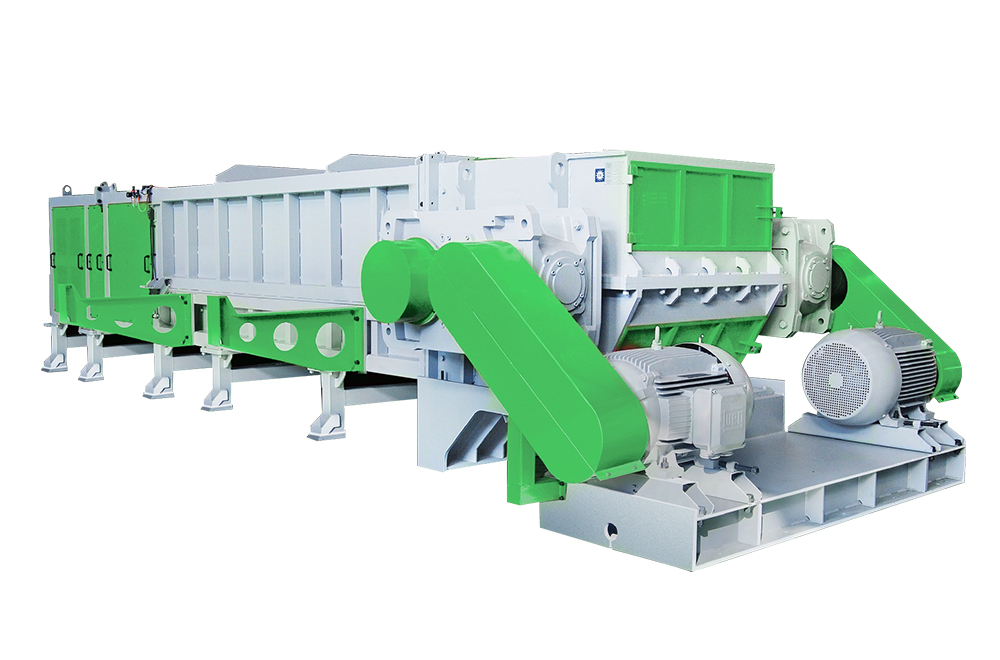
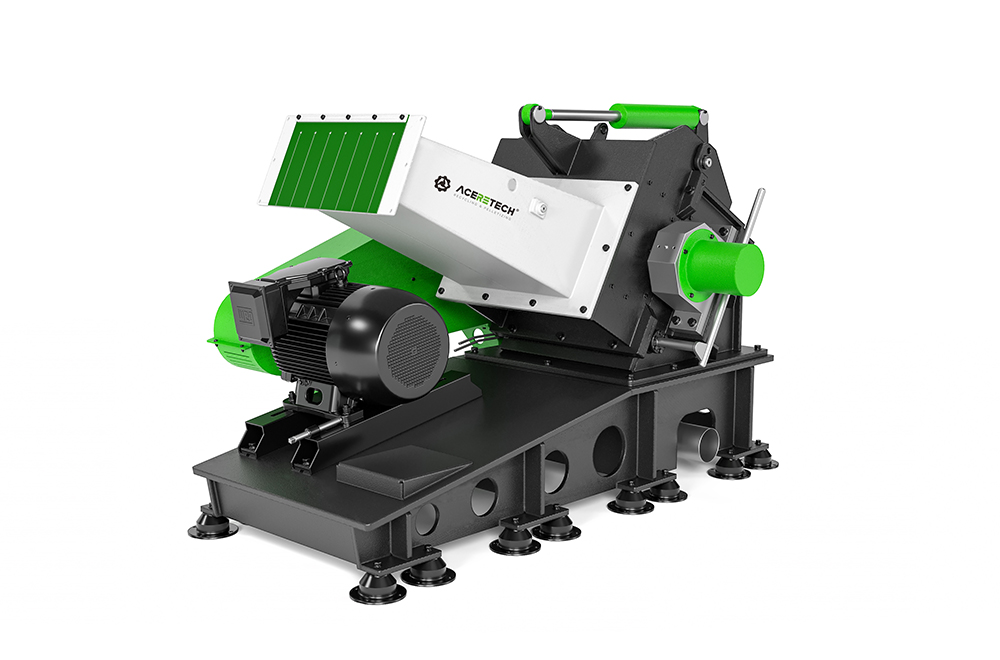

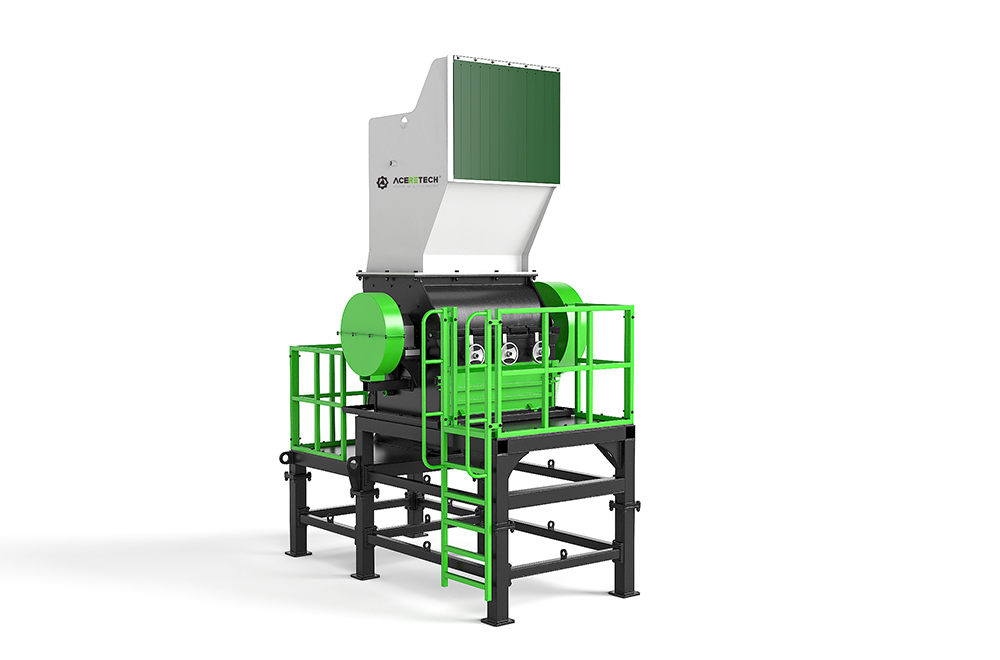
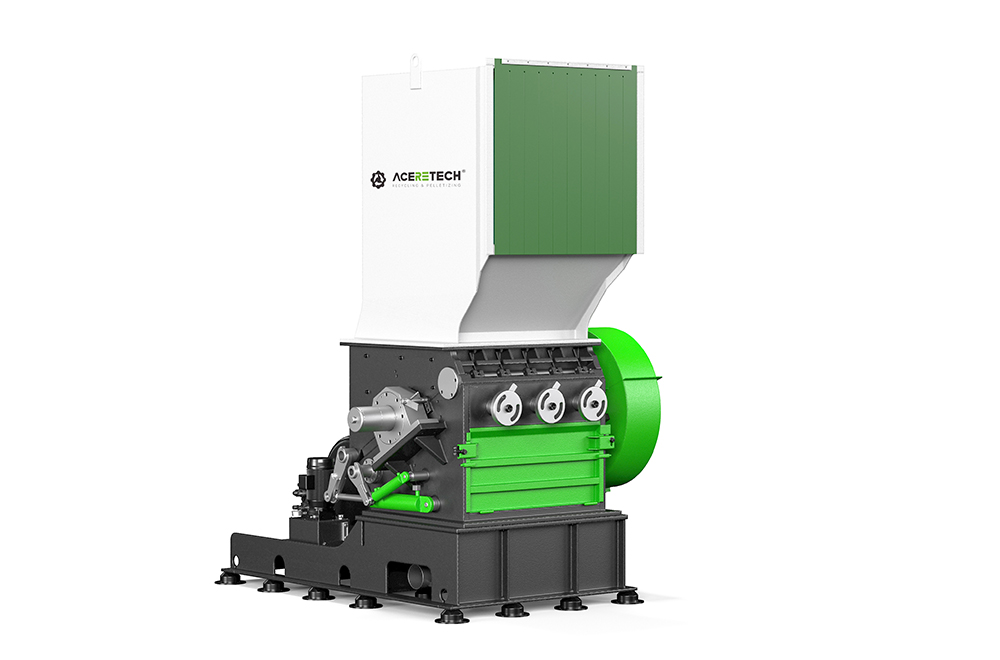
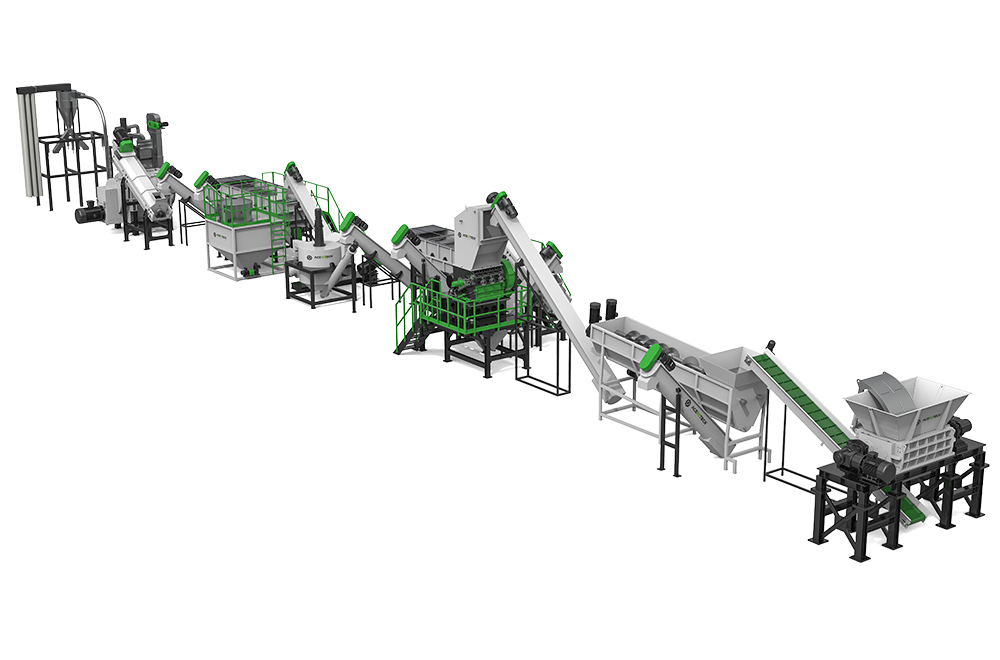
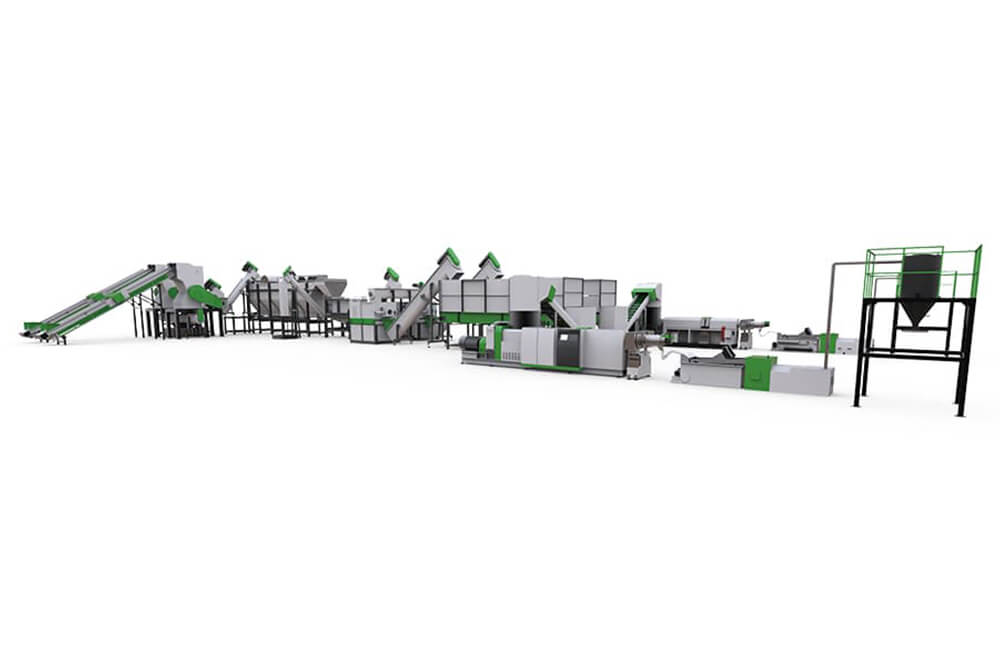
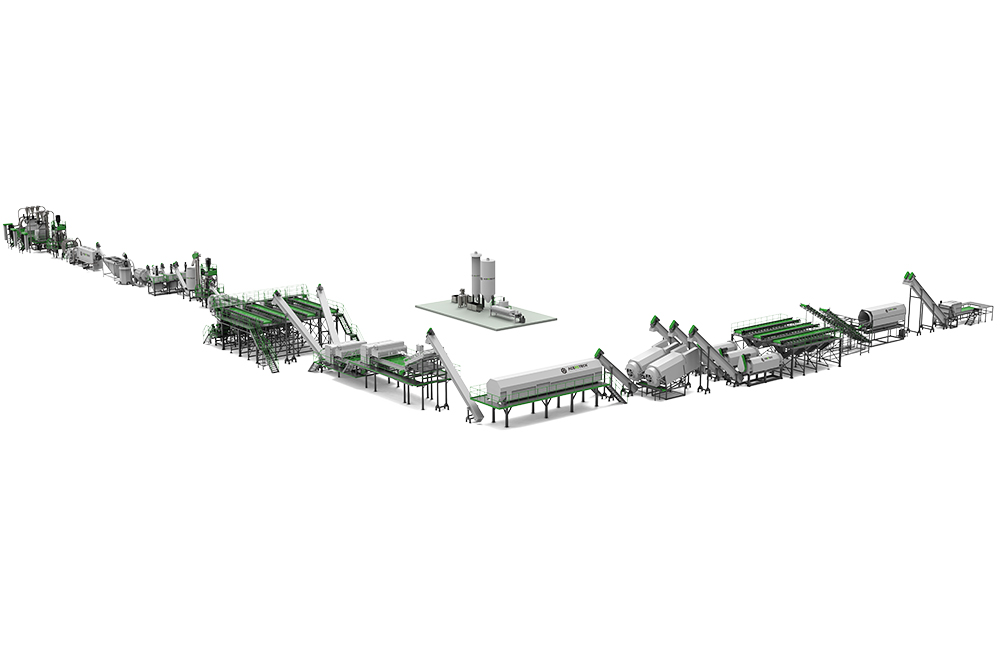
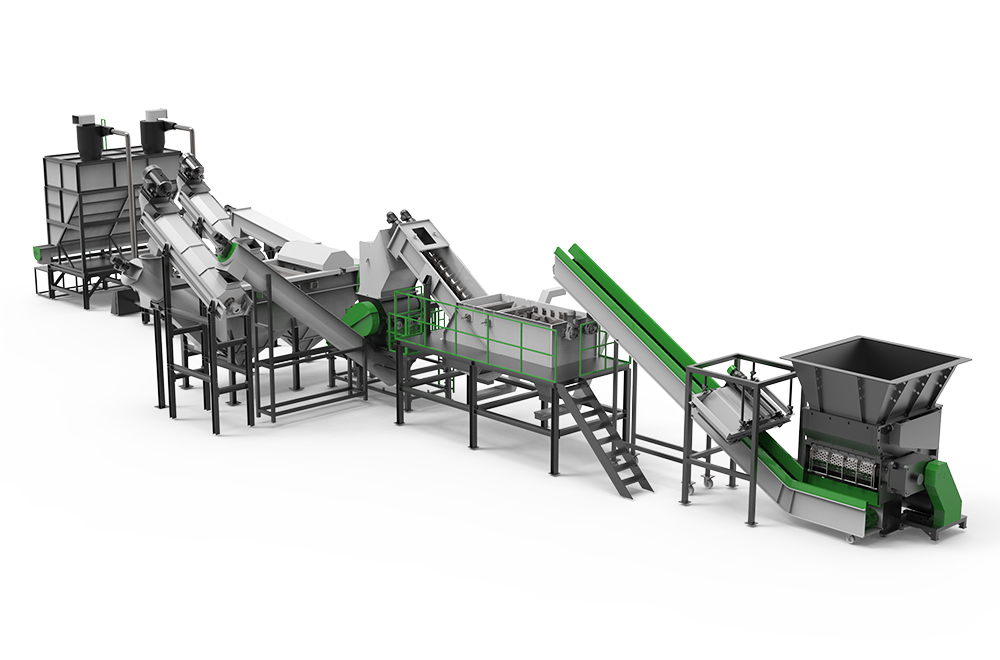
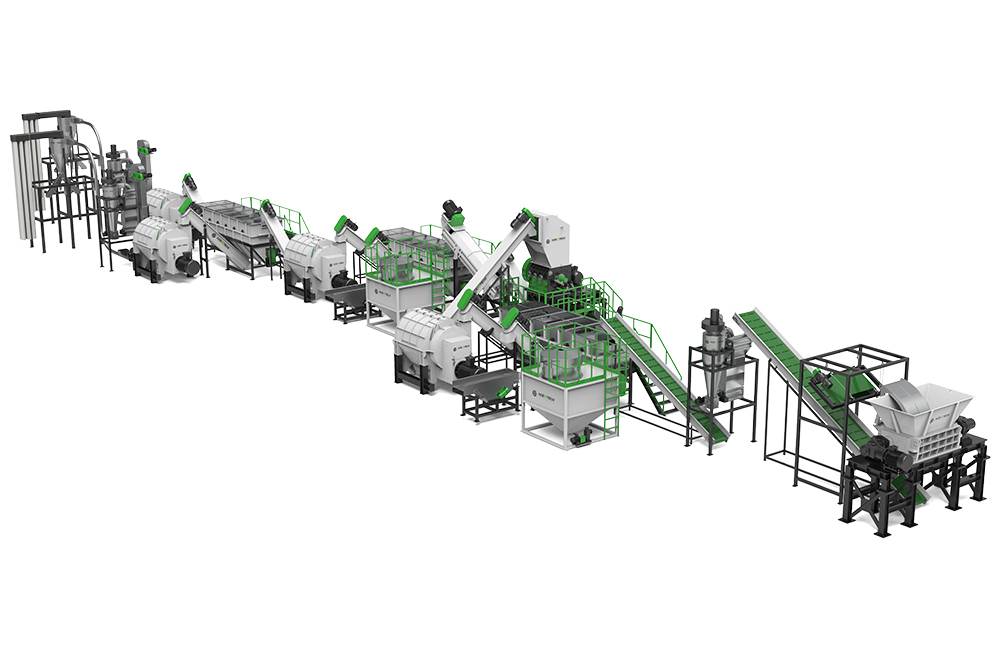
.jpg)
.jpg)
.jpg)
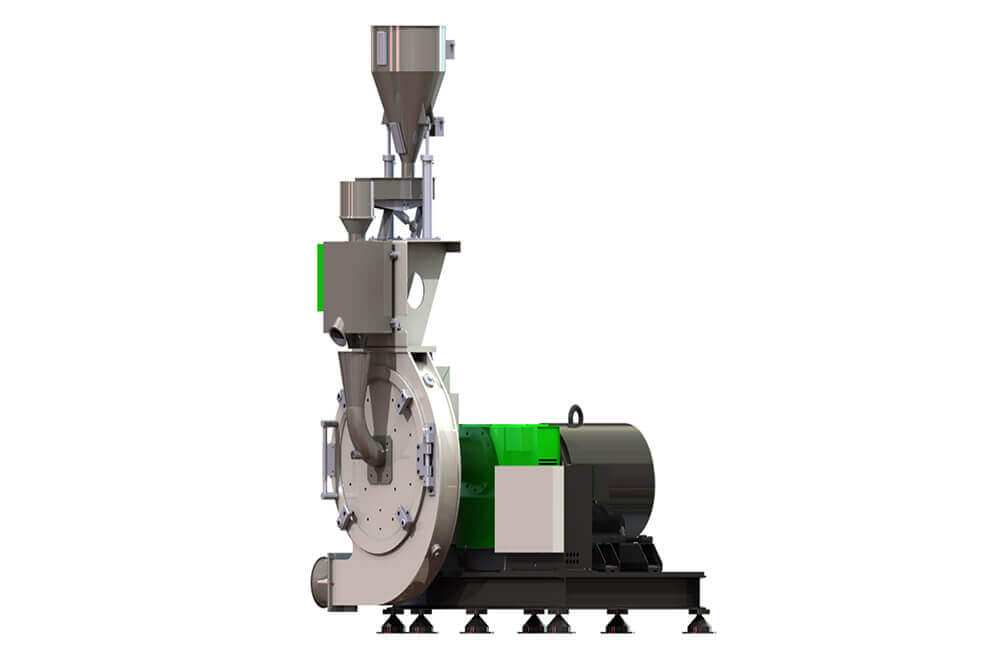
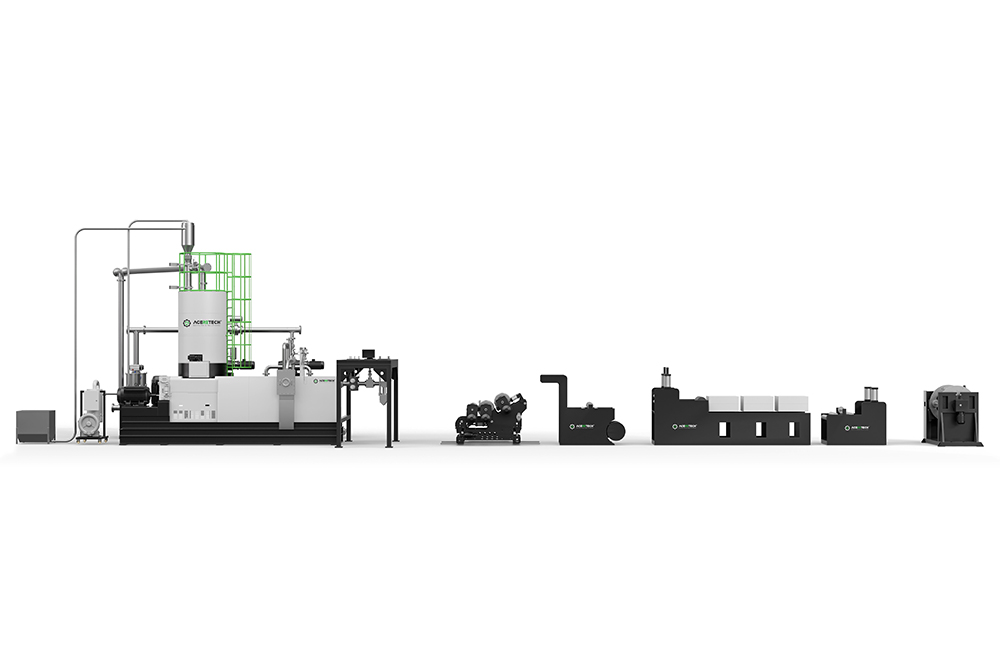
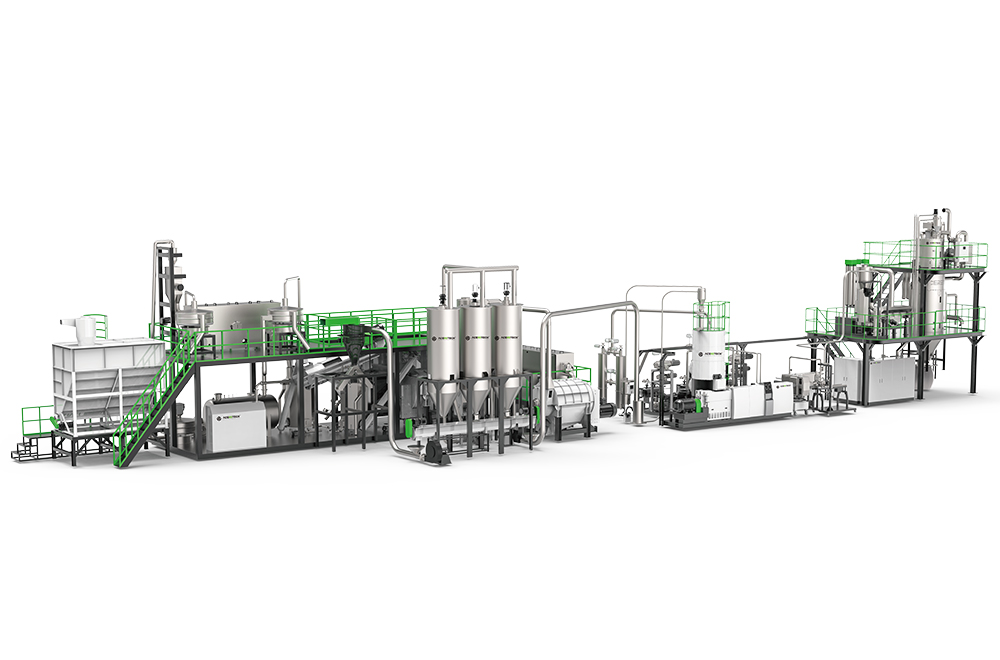
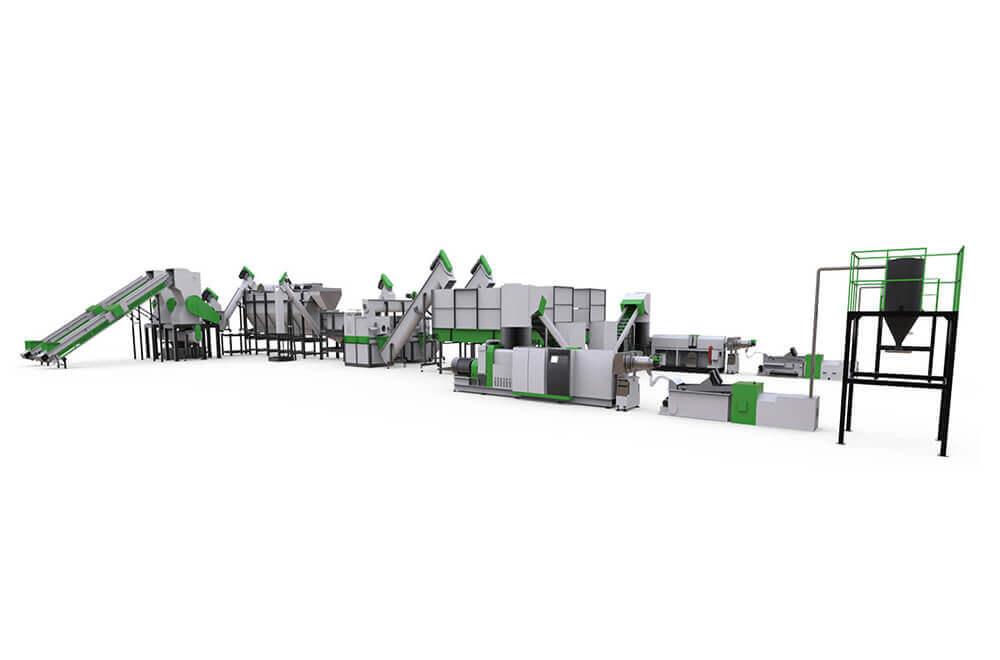
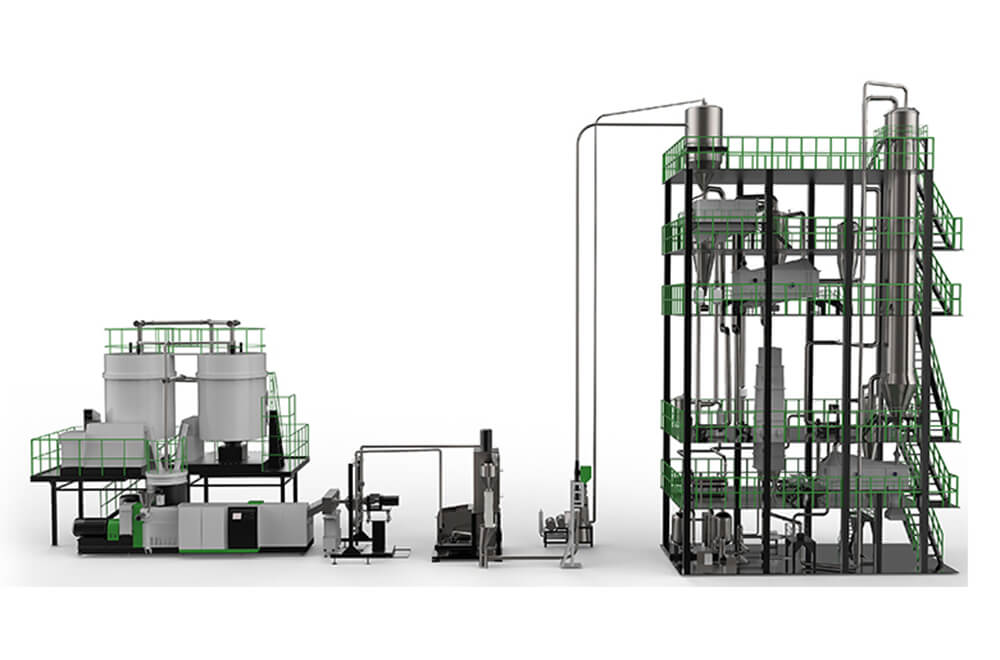
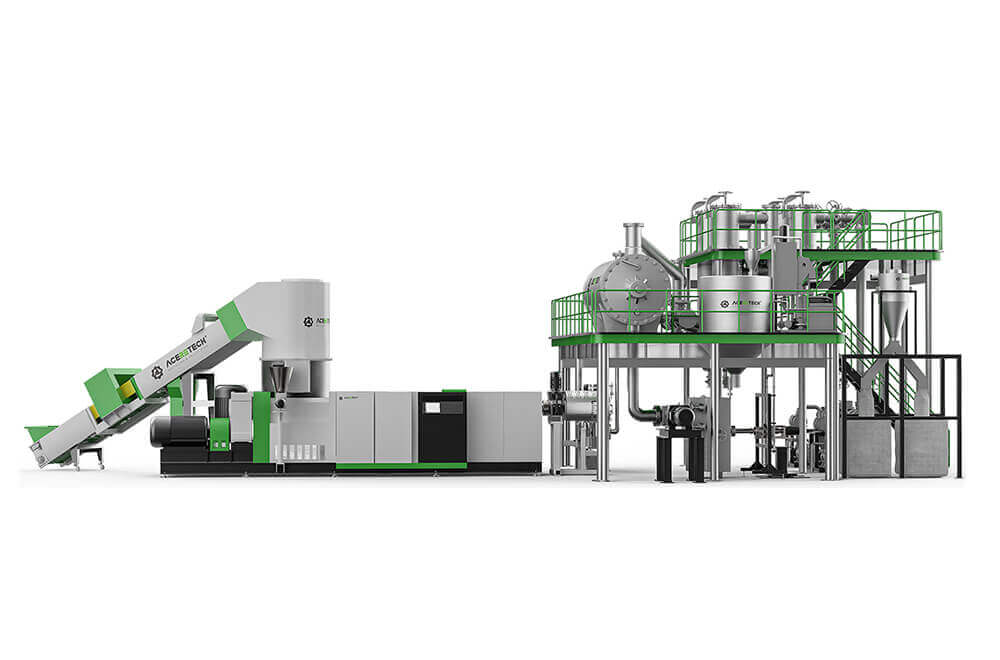
.jpg)

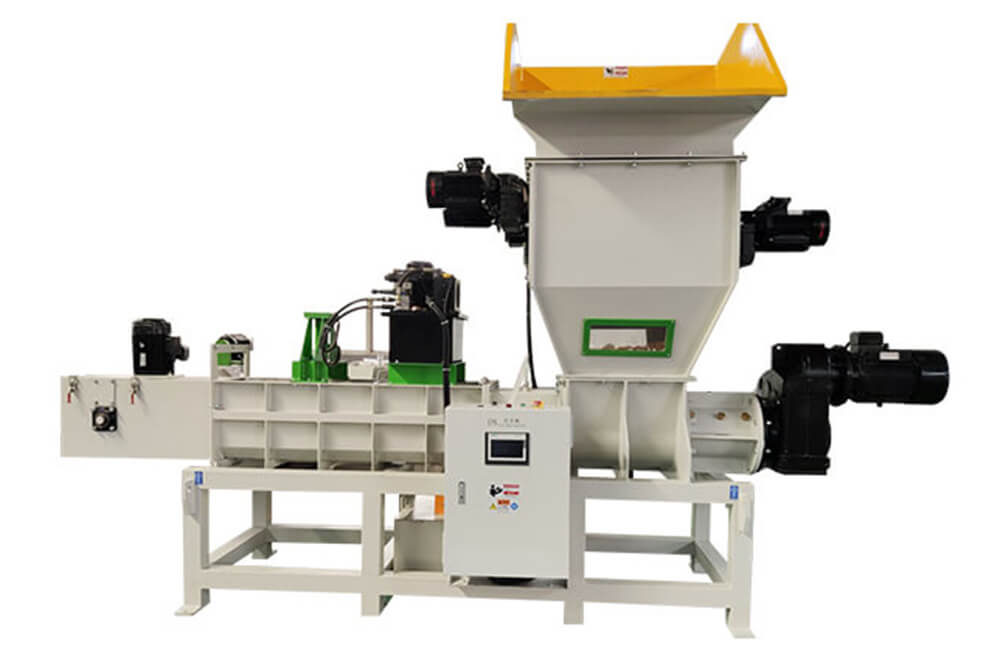
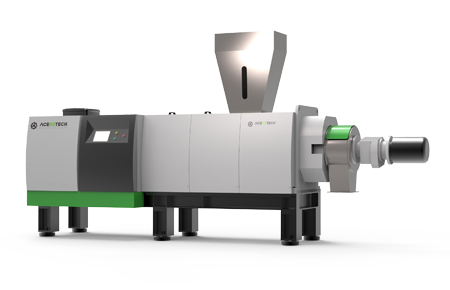

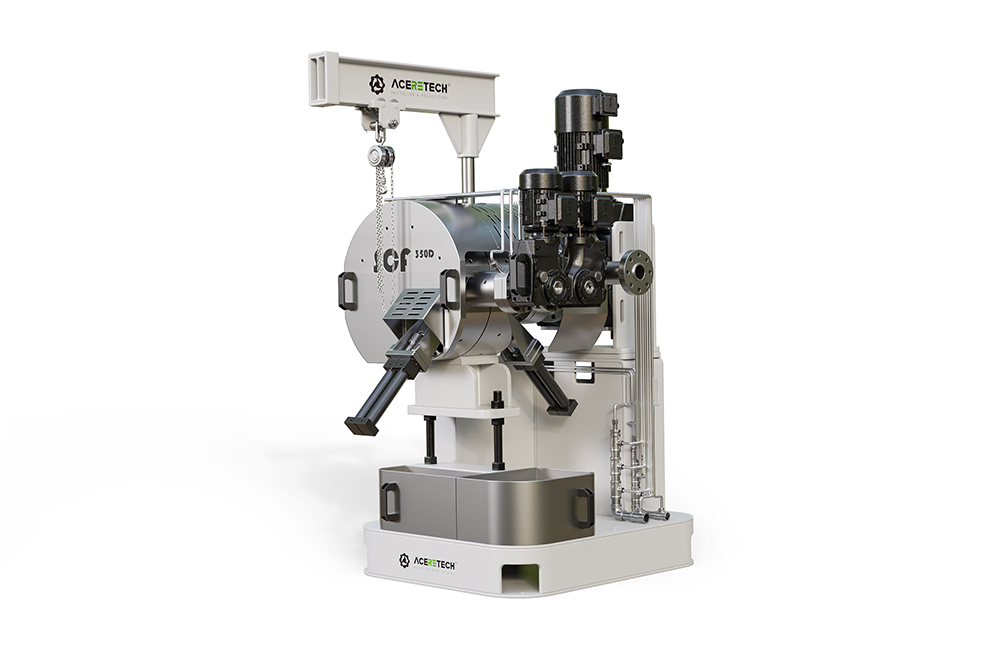
 Contact Us
Contact Us



